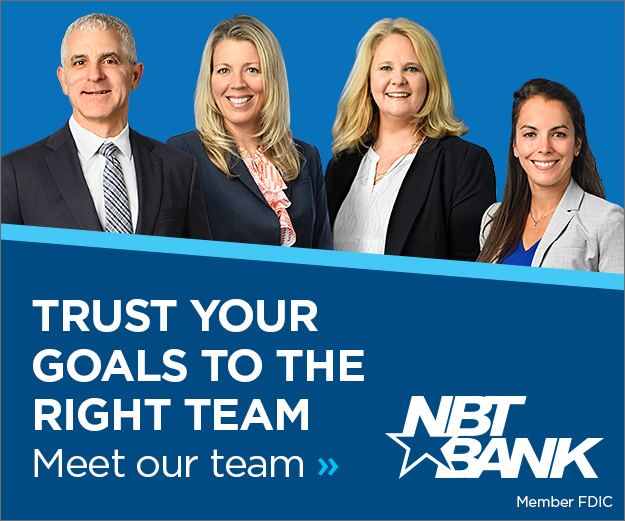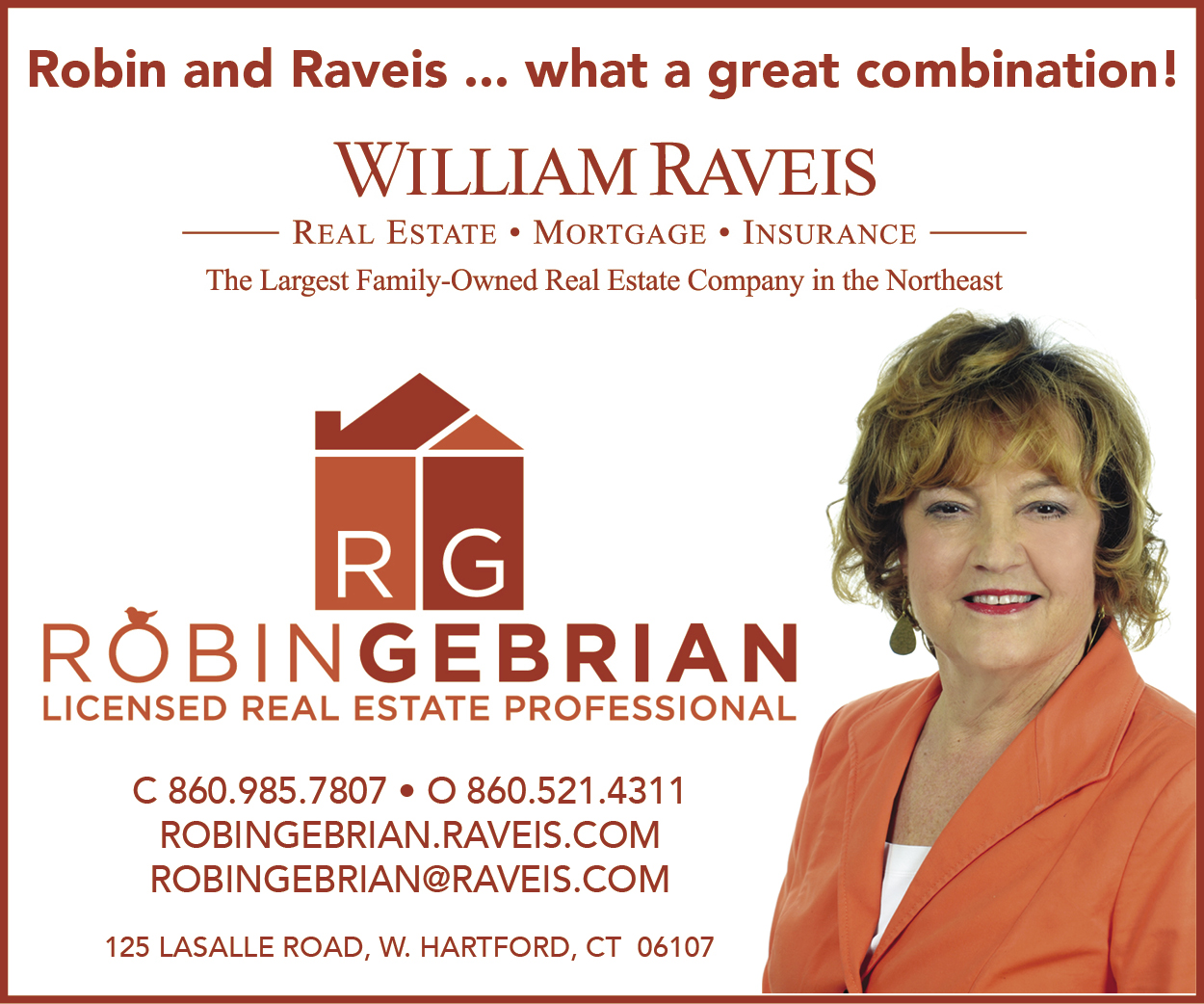
Stan Witkow
WESTPORT – Perhaps hardest hit by today’s tight job market are those just embarking on their careers: that is, recent college graduates and rising college seniors.
“We want to make sure these new career seekers are on the right track,” says Westport-based career coach Stan Witkow, who will do just that when he conducts a program for new entrants to the job market at Temple Israel in Westport on June 1.
Witkow, who has been providing outplacement counseling for more than 15 years is also moderator of “Westporters in Transition,” a networking and support group for jobseekers of all ages that helps focus on building and enhancing the skills necessary for a successful job search. A frequent speaker at “in transition” groups and workshops, his approach to outplacement is to help clients develop compelling stories about themselves that form the foundation for effective resumes and other collateral materials.
Recently, the Ledger spoke with Witkow about today’s job market and the special challenges it poses to young people.
How did you get into the employment counseling field?
A: Previously, my career was as a lawyer. I had been running law departments in technology companies for 20 years. Technology companies generally have a life of about three years. I was the head guy and often a big part of what I did was manage the sale of the company I worked for. So, I essentially negotiated myself out of a job and if you’ve ever gone through a job search you know it’s not a pleasant thing and you really become sympathetic with people who are in search mode and you’re willing to have a cup of coffee with them and help them because you know how hard it was for you. I became the go-to guy for my friends on how to write resumes and find a job. Thus, when the recession hit and a number of my friends were significantly affected by it, I found myself fielding a lot of calls and helping friends; doing a lot of mentoring work and things of that nature. Finally my wife said “you know you can make some money doing this.” And I said “that’s an interesting idea.” So I formalized what I do and started a career consulting business. I work principally with people at two ends of the spectrum: either new entrants into the job markets or people who are a little senior and are insecure about their ability to find a job based on age. I help people develop a personal brand for themselves so they can stand out from the crowd and be different from everyone else, because essentially every job out there is attracting 300 – 500 applicants. You need to come up with techniques to get you considered. Just sending in a resume is not going to be successful for most people.
In your upcoming talk, you are focusing mainly on college grads. Are they especially in need of help these days?
A: They really are, for a number of reasons. First, there are considerable less opportunities out there for them. Second, four or five years ago there were a lot of good family and friend connections young people could take advantage of to help them get a foot in the door. Today, a lot of those people are not working themselves. So the traditional routes for first jobs in a lot of areas that these young people are interested in, such as finance, really are saturated. It’s difficult to get these positions and there are numerous people looking for them. New entrants really don’t know how to present themselves effectively. Even when connections do exist, you only have one opportunity to make a first impression and not to be prepared – not to know how to present yourself effectively – and waste what could be your best shot is just a heartbreaking situation. So I’m interested in helping new entrants prepare themselves before they go to dad’s Rolodex.
What are some of the common mistakes people make when they put together a resume?
A: First, they’re unfocused. They aren’t able to articulate what it is they want. General is not good. Know your target – the person you’re talking to – so you can say that you’re looking for something that that target is going to find interesting. Be able to present yourself. Also, know how you are different from everybody else. I do a couple of exercises with groups in which I ask them to distinguish themselves from the person they are standing next to. People are very shy about that. I ask them: Why should I hire you and not the person next to you? And they say we don’t want to say. Well, you have to learn how to tell people why you are the one.
What about resumes for young adults?
A: Resumes for young adults, if they aren’t properly coached, all look the same. All the young adults have gone to good colleges, have won some awards, have an internship or two – which they need to distinguish so it appears to be a real internship as opposed to a vanity internship. They’ve all traveled; spent a semester abroad; done community service projects. So, what’s different about you? Learning to turn those experiences into a marketing plan that’s different than everybody else is a real skill.
Everybody’s doing internships. Are they really a plus?
A: I think that working at McDonald’s is often more important than working at Conde Nast as an intern. Real life experience is important. There are different kinds of interviewers; some are impressed by the fact that you may have been an intern for The Today Show; others feel that so you had pull to get that internship and all you did was get coffee for Meredith Viera. A more sophisticated interviewer is going to find out about the customer service skills and other skills of that nature that you learned when you worked at McDonald’s or in a retail store. Some kids are very shy about that; they don’t understand that the skills they learned are valuable and marketable. So, the fact that someone doesn’t have great internships is not particularly meaningful. On the other hand, there are internships that are really valuable. I help people work with what they have to market themselves.
Will you get all this done in the June 1 program?
A: This is a one-time program. For participants who want more, I work one on one. I also do a 20-hour boot camp program. There’s such a benefit when I can get a group of people together because the energy level increases; you get a lot of feedback on your presentation skills and a lot of positive encouragement. This is a really good time to prepare yourself, so that when everyone comes back from summer vacation you’ll be there and you’ll be ready to blow away the competition.
Stan Witkow will present a job search program at Temple Israel, 14 Coleytown Rd in Westport on Wednesday, June 1, 7:30 p.m. Admission is free, but advance reservations are required. For more information call (203) 227-1293.








 Southern New England Jewish Ledger
Southern New England Jewish Ledger








